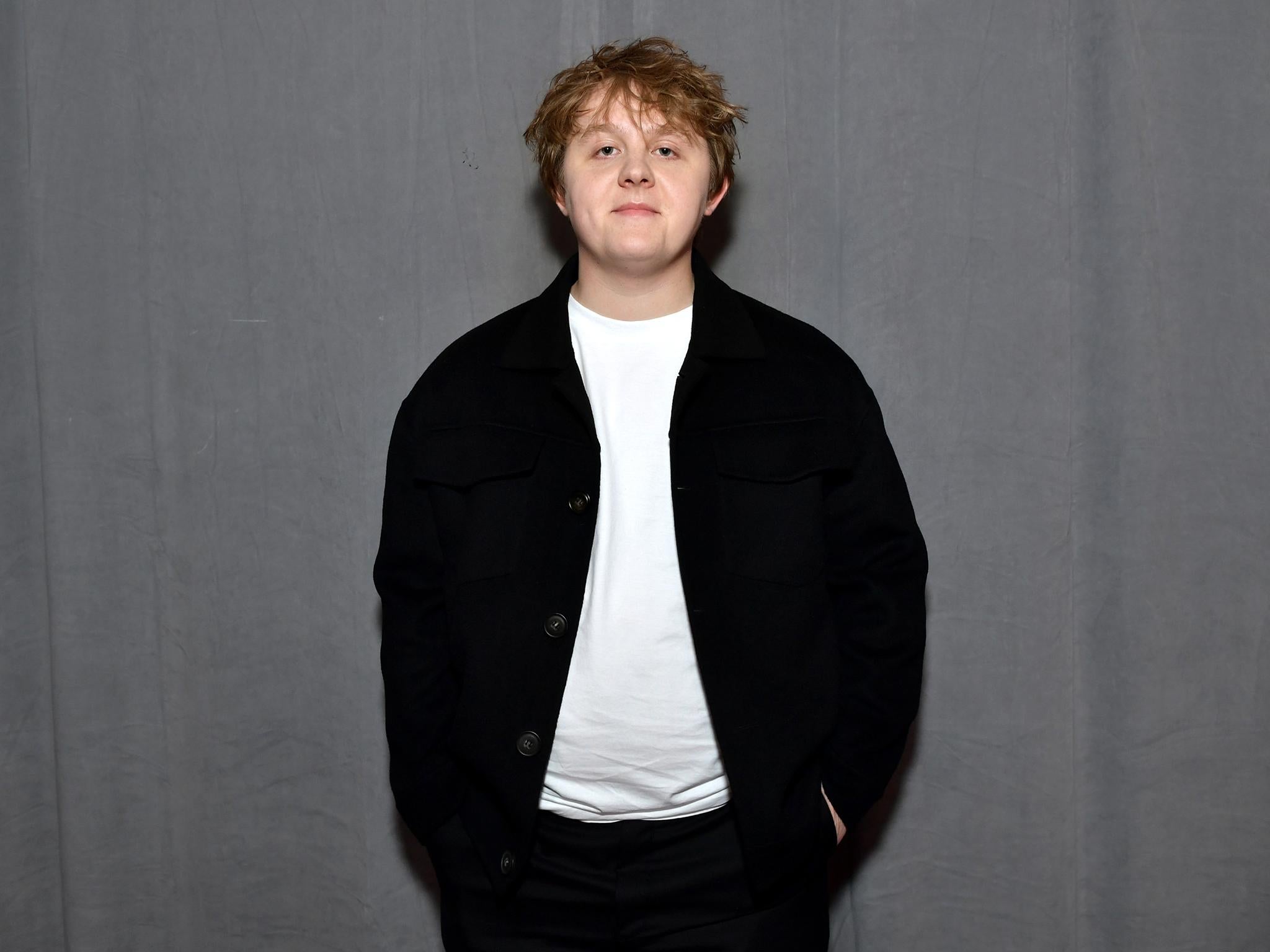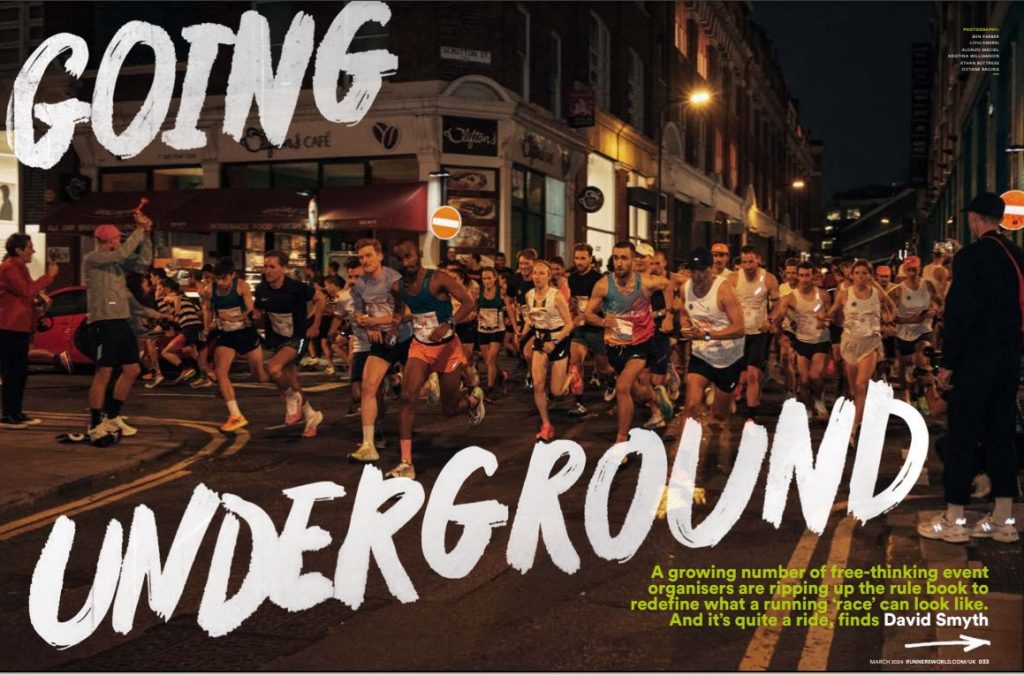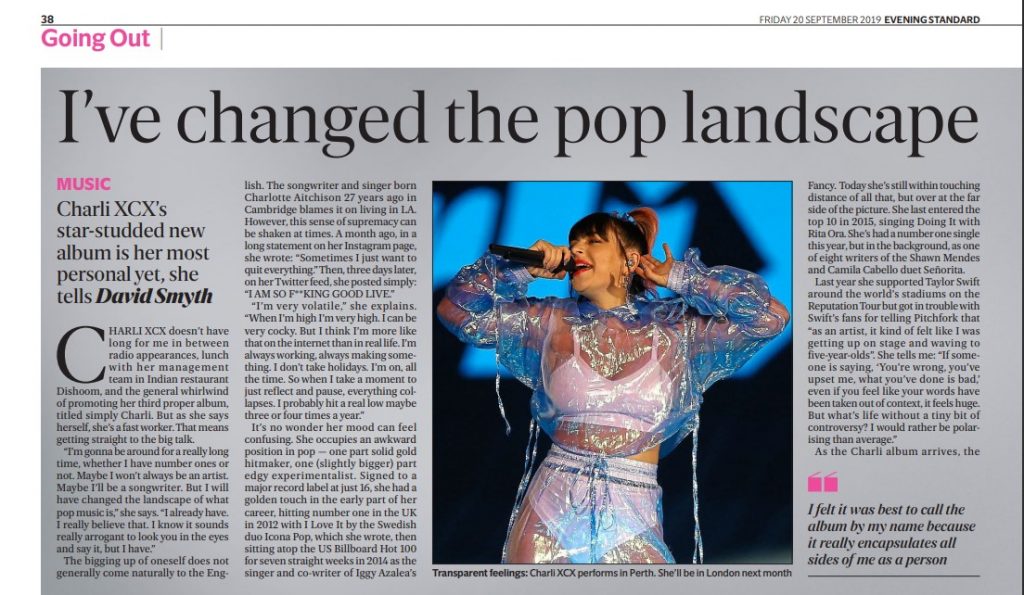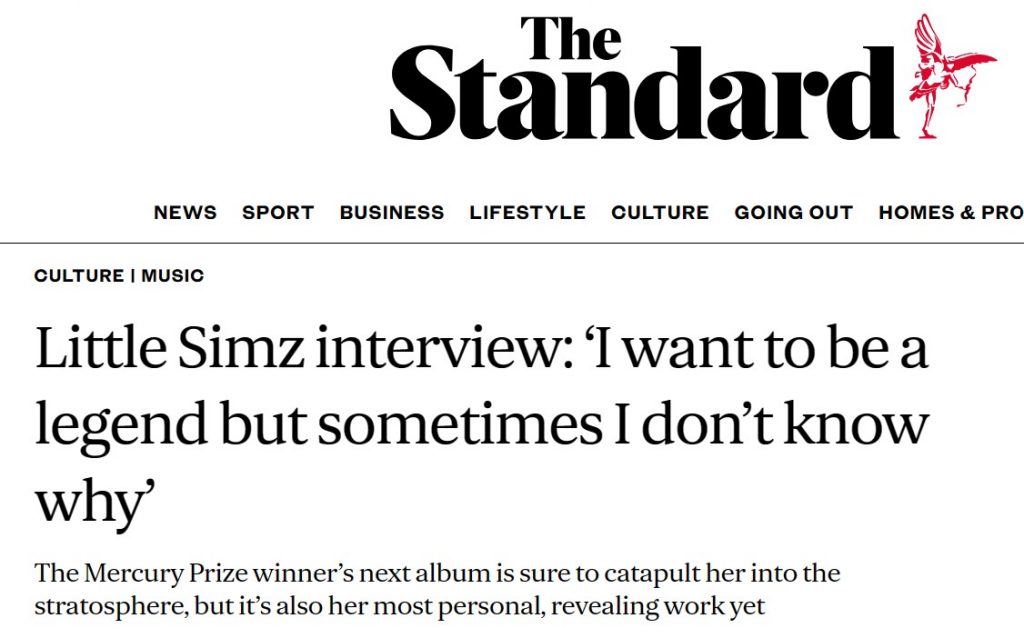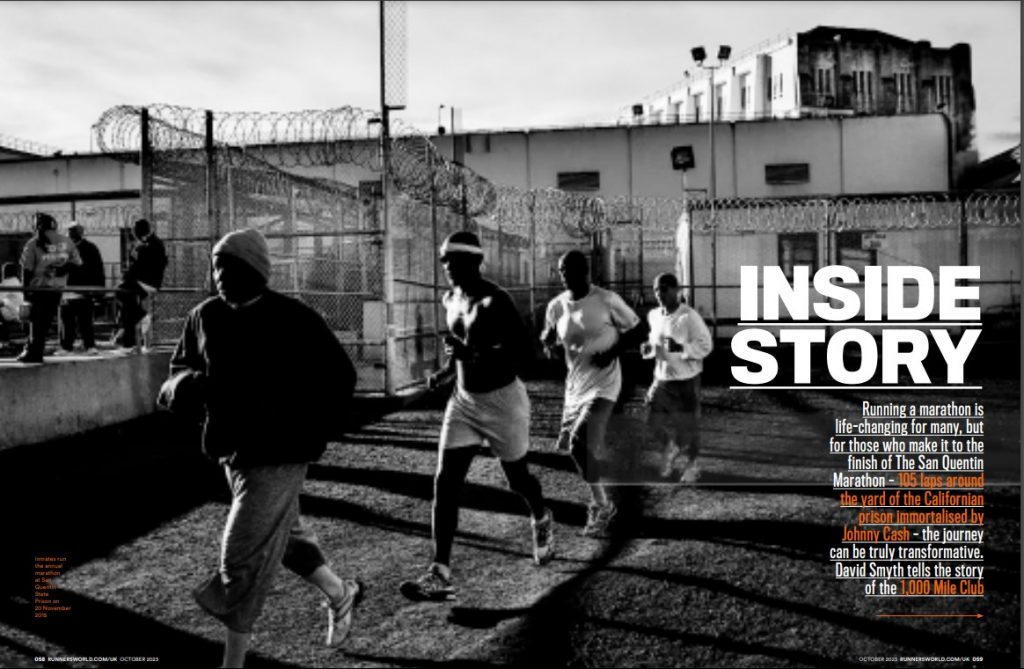You hear Labrinth coming before you see him, beatboxing and woo-hoo-ing his way up the stairs and along the corridor of his record label. When he enters the room, beaming and energetic, it’s the hat that grabs attention, round and wide-brimmed like a priest’s cappello romano. His grandad used to wear them.
This puppyish 25-year-old has every reason to dress sharp and feel upbeat. He’s almost completed a second album that will lift him out of the urban pop scene – where collaborations with Tinie Tempah and Emelie Sande made his name – to lofty status as a serious solo artist. He’s been packing his home studio with vintage instruments and listening to Stevie Wonder, Nina Simone and ELO, ditching those metallic Auto-Tune vocals for something more real.
“Even if it means I lose my flippin’ house I want to make something that contributes to music,” he says. “It’s a dangerous road to walk down because of course I have a mortgage, I have a family, I don’t have kids yet but I want to look after my mum, look after my friends and my missus. I need to make money, but I don’t want to be another guy selling his McDonalds to the pop market.”
A fast talker with a habit of saying, “Yeah! YEAH!” to everything I say, the musician born Timothy McKenzie still seems calm about returning to the fray with just his talent as armour and none of pop’s obligatory guest stars in tow. He was confident enough to ditch a song he wrote with man of the moment Ed Sheeran from the album tracklisting. “It wasn’t in the lane that either of us were going, and I want to love every song on this album. A lot of people are like, ‘Are you crazy?’”
He could have returned more quickly than he has. “At first I was just panicking about getting some music out to capitalise on Beneath Your Beautiful,” he says. The tearjerking duet with Sande, a hit around the world in 2012 despite its use of an adjective as a noun, was a surprise success as the sixth single from his debut album, Electronic Earth. “Then I thought, I want to make something that I’m proud of. If I die today, I love this record. It means everything to me.”
This attitude is all the more surprising when you consider that Labrinth operates under the black cloak of pop’s Darth Vader, Simon Cowell. He’s the only musician signed to Cowell’s label who hasn’t come from a talent show. “Simon just says, ‘Lab, you’re an innovator. Be an innovator.’ It’s weird because he has more confidence in me than I have in me.”
I’ve been allowed to hear five songs from the new album, currently called Take Me to the Truth and due in December. A one-off London show is promised for later this year with a UK tour in 2015. The music is full of real, organic instrumentation and the singer’s rich, for once untreated, voice. He’s got soul this time around. “I bought this vocoder that used to belong to Herbie Hancock, and that sounds way better than Auto-Tune. I always wanted my synths to sound like Stevie Wonder’s Golden Lady. With these instruments I could really feel my music. It inspired me so much more.”
His comeback single is about writing a comeback single, boldly nicking its title from a Beatles favourite. In Labrinth’s hands Let It Be is about trusting your instincts and ignoring expectations. It sounds very little like his old material with its thrusting Bond theme horns, thumped piano and squealing backing vocals, and it’s no exaggeration to say that it’s absolutely fantastic.
He launched the song last month by playing a trick on his fans, sending them to Camden Stables Market in an online treasure hunt for a free remix. When they arrived, what they got instead was a live performance of Let It Be, complete with flashmob choir, unfurling banners, orange flares and confetti explosions. I highly recommend looking it up on YouTube.
Yet the most striking new song doesn’t need any extra bells and whistles. Jealous is a raw piano ballad about Labrinth’s father, who left Labrinth’s mother and their nine children when the musician was four in Hackney. “I grew up not really having a father figure and it didn’t bother me becase he wasn’t there in the first place. But then he started other families and I was jealous. It was like he was happy without our family.” I express surprise that a man could manage to father nine children (Lab is number seven) and only then decide to leave. “Exactly!” he laughs. “It’s like, come on bro, you made your bed!”
Mum did a fine job in any case. The McKenzie clan is now an impressive bunch of musical achievers. One sister sings with Naughty Boy. Another brother is Lab’s drummer. Labrinth has built the biggest name for himself, at first as a producer for others. The 2010 Tinie Tempah hit Pass Out, which he sang and co-wrote, won an Ivor Novello award for Best Contemporary Song, and he has also worked with Professor Green, Plan B and Wretch 32. He was in the thick of the scene but never fully at home in it. “Urban is not actually my world. It was me trying something out, basically. I come from a gospel background.”
He tried almost everything out on his debut album. Electronic Earth was a blast, taking in clattering dance beats, supremely catchy electronic pop, rapping and old-school soul samples. He’s right to admit, however, that it was a schizophrenic collection whose dominant robotic vocals could easily date. “The album was a bag of Skittles,” he says, meaning the multicoloured sweets, not the identical bowling pins. “While the singles were coming out people were hearing a totally different artist every time. It was fun for me but maybe from a consumer point of view it was like, who is this guy?”
The something-for-everyone formula proved popular, though. It reached gold sales of over 100,000 in the UK, but when he retreated to his north London studio last year to take stock and enjoy the silence after an epic touring schedule, he concluded that popular isn’t enough. “I don’t want to be someone that when people look back they think, ‘Yeah, cool, he made us jump around for a bit in 2010,’” he says.
Now he wants a legacy much greater than that, even if it’s a risk. “For some reason, I feel calm about it. I have this feeling that I’m gonna be here making music forever, going through the waves no matter what happens.” There’s no need for flashy guest stars when you’re building something that will stand the test of time.

